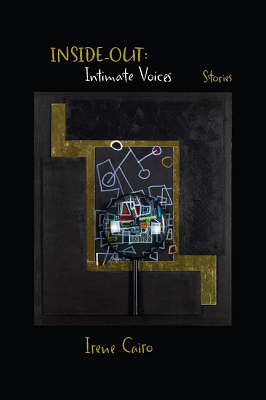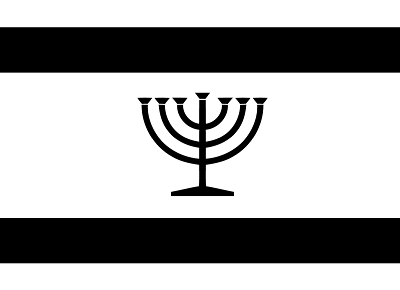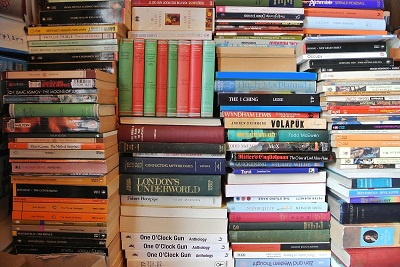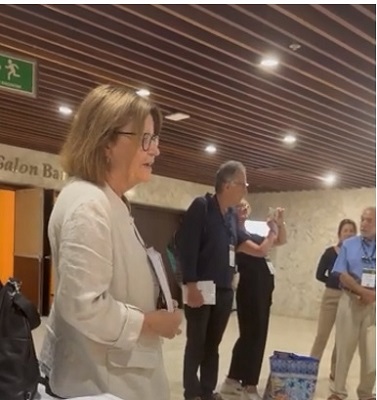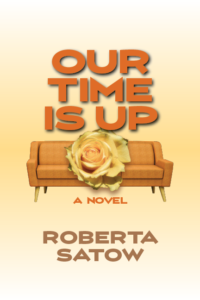
eBook Available now on Amazon Kindle Click on the title for the eBook for: Our Time is Up: A Novel
Click Here to Purchase: Our Time is Up: A Novel by Roberta Satow from IPBooks
The novel is compelling and engaging. The narrative is daring, bold, courageous, and, necessarily, delightfully character-driven. Roberta Satow offers the reader the process of her personal journey of becoming a psychoanalyst. What does that process entail? Each psychoanalyst’s journey is unique, befitting the very nature of psychoanalysis, and yet each unique journey shares something in common with every other psychoanalytic journey – it is deeply personal. Thus, Satow’s novel/memoir exploring her own journey must involve describing her own personal issues, her own psychoanalysis, her feelings about, and relationship with, her psychoanalyst, and, ultimately, while working with her supervisor, the process of conducting psychoanalysis with people referred to her while she was attending a psychoanalytic institute. –From the review by Merle Molofsky of Our Time is Up.
Click Here to Read: Merle Molofsky’s review of Our Time is Up: A Novel.
“Only very rarely is the elusive magic of psychotherapy captured in novels/films/professional writings. But this brilliant novel/memoir really evokes what it’s like to be a patient/what it’s like to be a therapist. I laughed/I cried/I learned. . . . Must read.”
—Allen James Frances, Professor Emeritus of Psychiatry & Behavioral Sciences Adult Psychiatry & Psychology Division, Duke University
“This book is a treasure: a memoir-like novel that captures an era, an ethos, and a sociopolitical sensibility Continue reading New From IPBooks: Our Time is Up: A Novel by Roberta Satow


